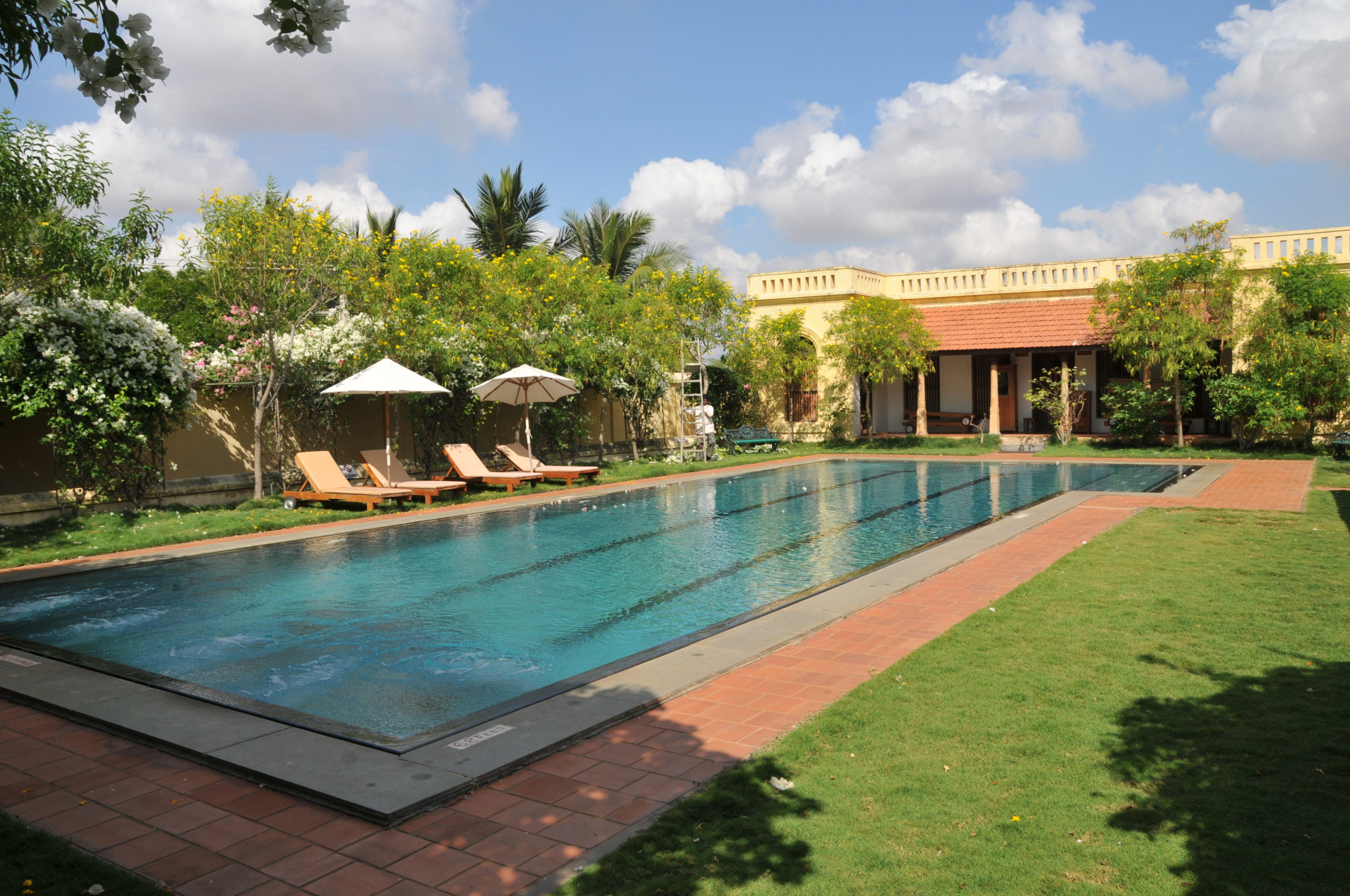Entrepreneurs Speak Tourism & Hospitality
Environment Conservation in the Food and Hospitality Sector
November 13, 2020

The luxury hotel sector has historically been a significant waste generator, leading hotel brands have made major progress to reduce their environmental impact by addressing issues like waste generation, energy consumption and water use.
This shows the huge potential for all hotels to make a significant difference to their local environment. The power to make that change lies in the hands of tomorrow’s environmentally conscious hotel managers.
Hospitality managers who climb the hotel career ladder have the decision making powers to influence the way their venue operates, their staff behaves and the guests consume resources. Hospitality managers must therefore ensure a hotel’s food inventory and waste is carefully monitored to reduce environmental impact.
According to Earth Check, a global sustainability certification system headquartered in Brisbane, there are a number of steps hotel managers at various levels can take to improve environmental outcomes:

Education of staff and guests to promote and incentivize water conservation.
Metering and sub-metering of water and energy consumption.
Updating technology throughout the hotel to feature energy efficiency measures, such as low flow toilets and automated lighting and heating systems.
In addition to this, managers need to carefully monitor waste throughout the business. One example is the hotel buffet. A regular buffet has the capacity to result in a huge volume of food waste if demand is not properly projected. Collecting data and adjusting food production accordingly will help to reduce waste, as will implementing sustainability messaging throughout the hotel and thorough on-site waste separation facilities.
As recently revealed by the Trip Barometer by TripAdvisor, one of the world’s largest accommodation and traveler surveys, 79 percent of travelers place importance on properties implementing eco-friendly practices. TripAdvisor Green Leaders program is developed in partnership with the Energy Star program, the United Nations Environment Programme. qualifying hotels and B&Bs will be awarded TripAdvisor Green Leaders status based on the green practices the property has in place. A comprehensive list of eco-friendly practices are evaluated, from linen and towel re-use, recycling and composting through to solar panels and green roofing. Accommodations that do not meet the requirements for TripAdvisor Green Leaders, but do have the seven minimum green practices in place, will be awarded TripAdvisor Green Partner status.
This is an example of how the tourism industry can support those hotels that implement green practices.



